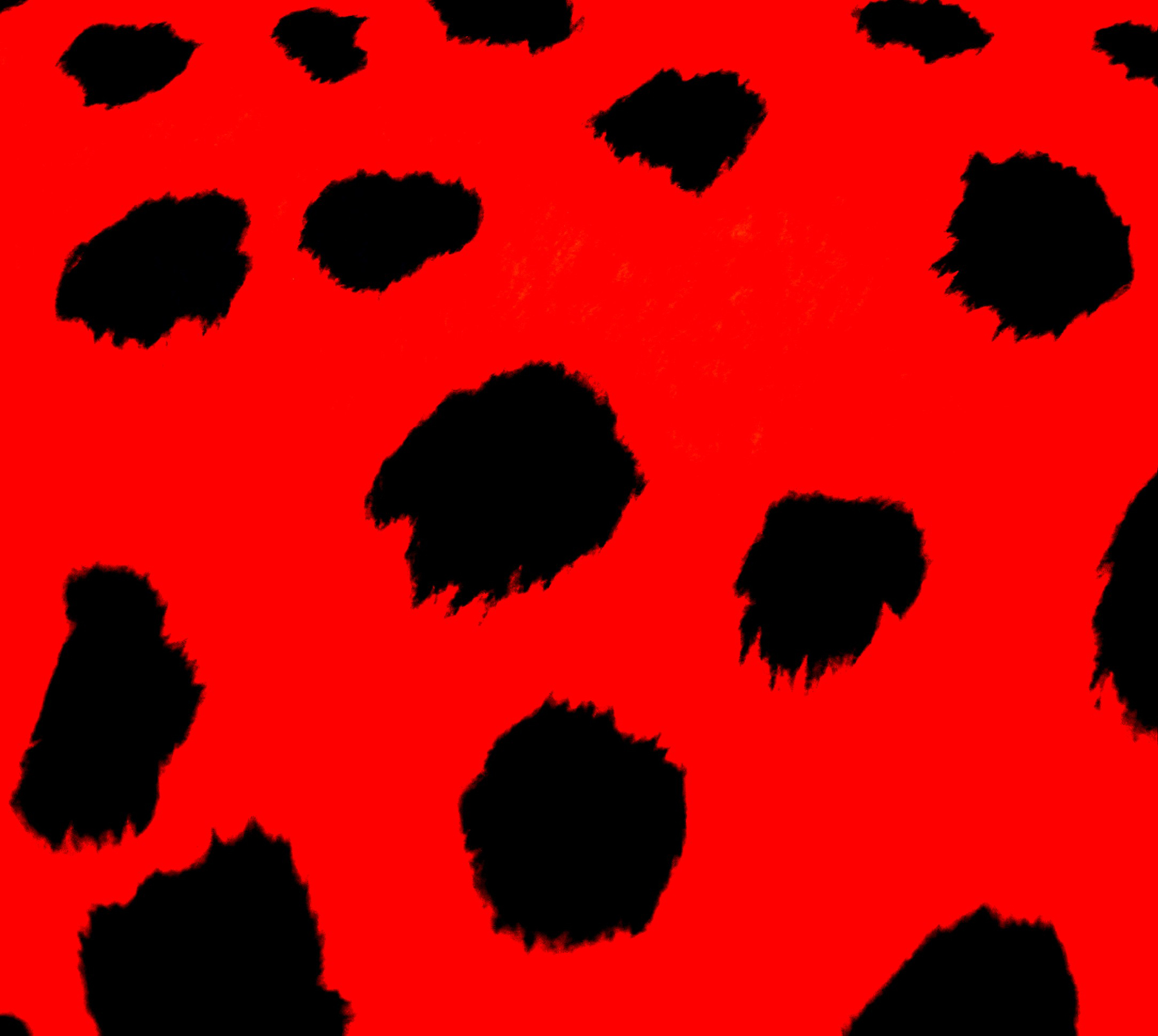BUBAMARA

Twenty-one years ago, Sarajevo began another chapter in its complex history. That year, its citizens found themselves besieged by armed forces stationed on the wooded hills that surrounded the city. One such citizen was Predrag Pašić, a former professional footballer and Yugoslavian international midfielder. Despite being at the mercy of the artillery on the hillsides and the numerous snipers that paralysed the city, Predrag established Bubamara (Ladybird), a school that brought together children from all sides under the unifying banner of football.
Pašić was born and bred in Sarajevo. A gifted midfielder, he spent over a decade playing for his hometown club, FK Sarajevo, notching up a double-century of appearances. Such were his talents that he earned a call up to the Yugoslavian national team, whom he represented at the 1982 World Cup. Despite spending the latter stages of his career in Germany, it is with FK Sarajevo that he is overwhelmingly associated. At the club, Pašić would encounter Radovan Karadžić, a doctor and psychologist who, during the 1980s, worked with the team in those capacities. Pašić referred to this in an interview with Al-Jazeera, saying that he ‘knew a completely different person before the war began. Before, as our psychological coach, he taught us to play together as one team.’ In 1992, forces under Karadžić’s control initiated the siege of Sarajevo. Just over a year later, Predrag Pašić founded Bubamara as part of the ’Betaclub’ sports club.
Obviously, things were not easy for those wishing to attend the school. Whilst artillery under the command of his former team psychologist bombarded his town, Pašić was occupied not just with survival, but also the organisation of the groups of children who made the perilous journey between their homes and the school. With Bubamara being located in the Skenderija sports centre, adjacent to the infamous Zmaja od Bosne sniper alley, the children and their minders were threatened not only by mortars, but by snipers hidden in the area’s tall buildings. This part of the city witnessed some of the most brutal acts of the Bosnian wars, yet the kids would group together in order to make the ’run’ across the nearby Vrbanja bridge – lent renown by the Romeo and Juliet in Sarajevo documentary – and through streets in the scope of unseen gunmen. They risked their lives to play football.
One of the most extraordinary aspects of the Bubamara setup was its apolitical, non-discriminatory nature. Sarajevo had always been a melting pot, a place where people of all religions co-existed, and despite the segregating nature of the siege, creed meant nothing at the school. Football was the common denominator. In a city as despairingly sectarian as wartime Sarajevo, this was an incredible occurrence. Uniting Yugoslavia’s constituent nations was a task fraught with difficulty even in peace time, so achieving this under the cloud of civil war seems inconceivable. Yet, through football, Pašić managed to do so. The motto of Yugoslavia, ’Brotherhood and Unity’, was never more appropriately manifested than at Skenderija, where three-hundred or more of Bubamara’s kids gathered to kick a leather ball and ignore the events unfolding around them. It was a place where only football mattered.
After the war, Bubamara continued to thrive, the school becoming a rare beacon for optimism. The all-inclusive stance that the academy still maintains is often at odds with the factional nature of post-war Bosnia-Herzegovina, a country even now divided along ethnic lines. Every year, the club also participates in tournaments in Croatia, Montenegro, and Serbia, spreading the idea of mutual understanding amongst the former Yugoslav republics. Bubamara is a small part of the drive towards reconciliation, a reminder of the power of sport.
Interestingly, the school has also received international recognition. In 1996, Bubamara became part of Inter Campus, a non-profit organisation founded by Massimo Moratti and run by Inter Milan. As part of the Inter Campus group, Bubamara have appeared in competitions in Italy, the Netherlands, and Spain, and have worked with great names such as Roberto Baggio and Giacinto Facchetti. Most of the school’s teams now wear the blue and black of Inter. Furthermore, a recent documentary presented by Eric Cantona, ’Les Rebelles du Foot’, which also featured Didier Drogba, Carlos Caszely, and Sócrates, brought the story of Pašić and Bubamara to a wider audience.
Bubamara didn’t end the war in Bosnia, but at the very least it helped a group of people escape the horror of what was going on around them. It fostered hope where previously there had been little. Made possible by the determination of a local hero, the school is an example of the positive capability of football, something which is all too often unseen against modern football’s decadent backdrop.
More on Bubamara at www.bubamara.ba.Follow Luke on Twitter @HeavyFirstTouch.
